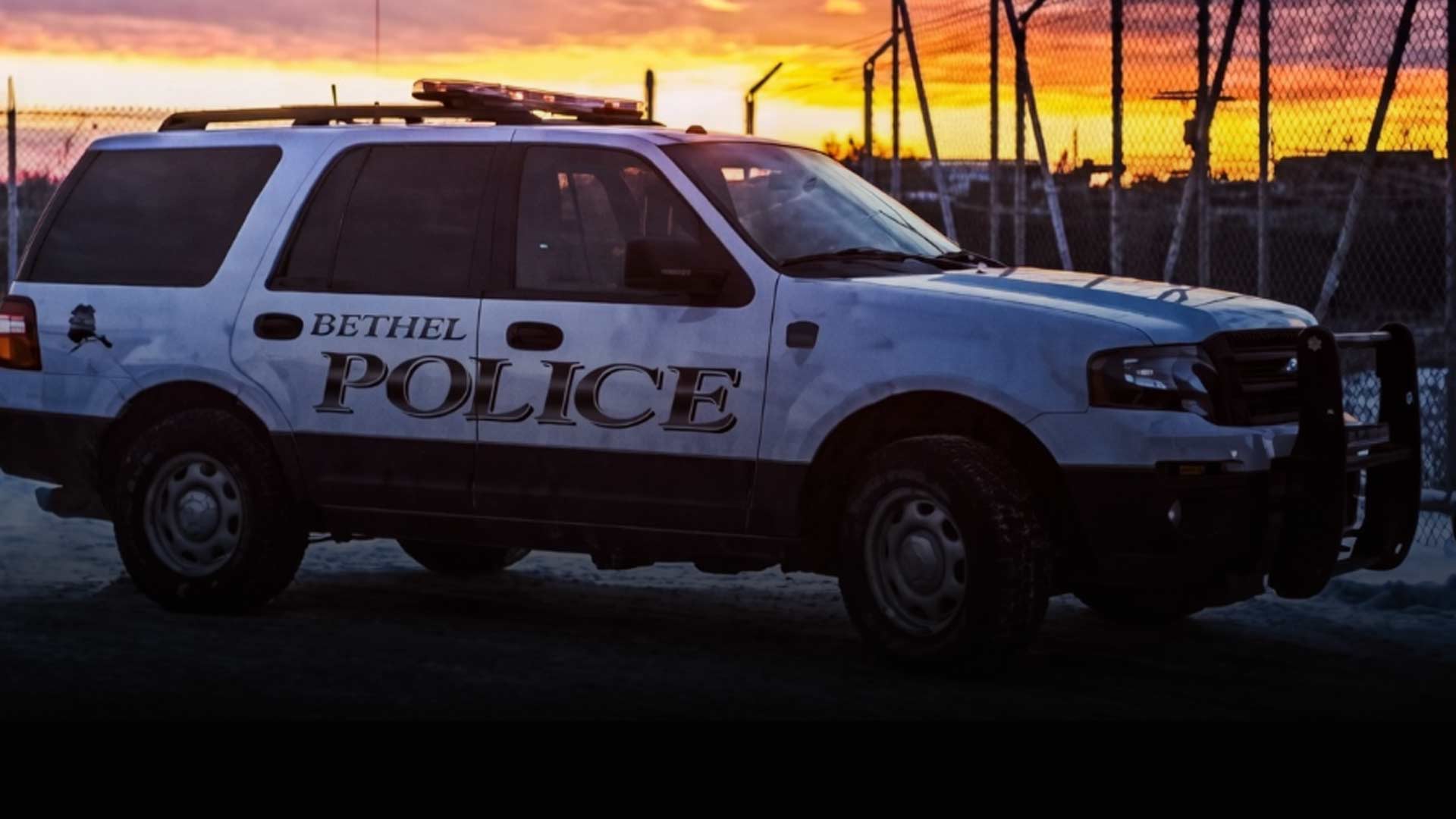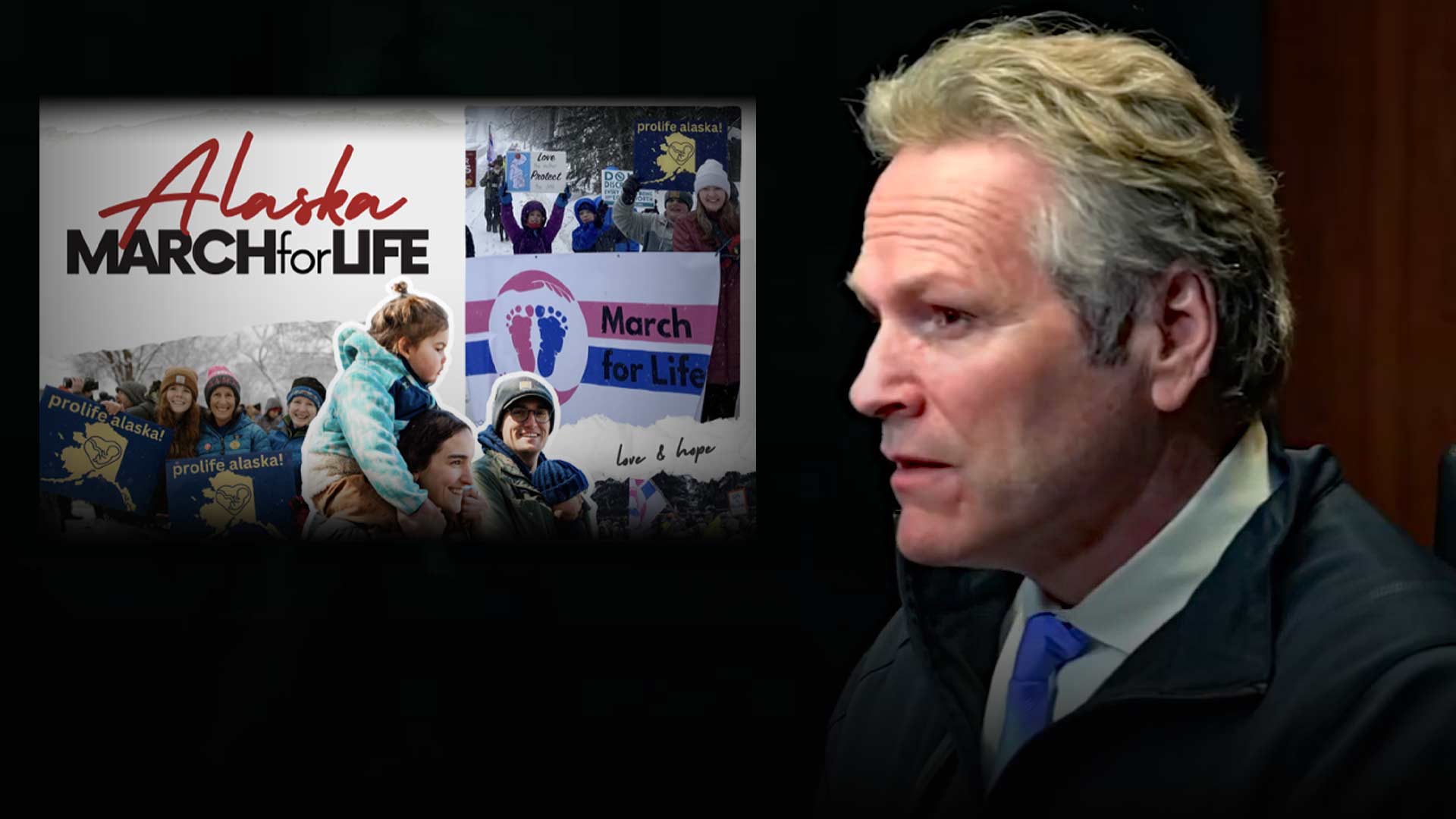
While it is hard to quantify the number of human sex trafficking victims because the crime is inherently underground, the International Labor Organization estimates there are 4.8 million sex trafficking victims globally – 99% are women and girls.
Alaska is no exception.
“There’s not an area of our state where trafficking does not exist. This is happening around us. If there’s a situation that doesn’t seem right, that could be trafficking – it’s better to report it.”
“We believe Jesus stepped into our brokenness and darkness, and now we have the joy of getting to do that for other people,”
This warning comes from Adam Legg, executive director of Love Alaska, a statewide group that mobilizes people of faith to assist Alaska’s most vulnerable populations. Priceless, a non-profit dedicated to helping Alaska women transition out of sex trafficking, is one of the Love Alaska initiatives.
Legg said he wishes more Alaskans knew that sex trafficking is a stark reality in Alaska, and that they could assist in fighting it.
‘STEPPING INTO BROKENESS’
Several Alaskans took up this challenge in 2012 when a women’s group from ChangePoint church decided to do more than host Bible studies and tea parties. Upon discovering the prevalence of sex trafficking in Alaska, these women embarked on a mission.
They began by praying for victims of sex trafficking. Law enforcement caught wind of the church group and contacted them at ChangePoint, asking if they could provide hygiene kits and other basic items to victimized women following a large trafficking bust that was about to happen.
“We actually see trafficking continuing to grow; we don’t see it decreasing.”
The women accepted the mission and their efforts grew into what is now Priceless, which mentors former sex trafficking victims and equips them with skills to live free of their chains. The group is no longer directly affiliated with ChangePoint, which encourages broader community participation among its congregation.
Faith, though, remains the motivating factor for Priceless volunteers, who have helped roughly 200 women escape Alaska’s sex industry to find healing and freedom.
“We believe Jesus stepped into our brokenness and darkness, and now we have the joy of getting to do that for other people as well,” Legg said of the Priceless team.
ALASKA HAS A PROBLEM
Alaska has a long history of male dominated industries, going back to the gold rush and continuing to today in fields like oil and commercial fishing. Coupled with a higher than average population of vulnerable young people, Alaska has a serious sex trafficking problem. A 2017 study by Loyola University New Orleans and Covenant House surveyed 10 North American cities and found Anchorage to have the most human trafficking incidents. Legg said the study highlights what volunteers see on the ground.
“The reality is that we have to take a hard look and realize we have a state that’s created a lot of vulnerable people.”
“We knew that it was bad here, but when you top a list like that it goes to show just how significant it is, and how widespread it is,” he said. “We actually see trafficking continuing to grow; we don’t see it decreasing. We continue to see new survivors come into our program.”
Priceless has seen a rise in human trafficking directly connected to the increase in gang activity and digital technology use among young people. Legg believes there are several other factors that attract sex traffickers to Alaska.
“Traffickers primarily exploit vulnerabilities,” he said. “The reality is that we have to take a hard look and realize we have a state that’s created a lot of vulnerable people.”
He points to higher than average rates of suicide, depression, rape and substance abuse – all of which make people susceptible to trafficking.
“A lot of the victims who come into our program would not view themselves as victims at first,”
“In most states there’s a breaking process for traffickers,” Legg noted. “They recruit a victim, break them, and begin to make money off of them. In Alaska, largely our culture has broken them so they can get girls here who have [already] been broken and start making money quicker.”
Legg also cites high levels of disposable income that come from industries like oil, fishing, and tourism as a reason why human traffickers are drawn to Alaska.
MISCONCEPTIONS ABOUND
Legg said people often imagine sex trafficking involves a dramatic kidnapping as portrayed by popular media.
“Normally it’s a much more manipulative process,” he said. “That’s one of the reasons it’s been able to grow in Alaska – we haven’t been aware of just what trafficking looks like.”
Alaska’s remote communities make sex trafficking difficult combat. In rural Alaska the first traffickers are often the victim’s parents or a family friend who see an easy source of income, Legg noted. Another challenge in the Bush is a lack of local police departments to field reports.
“It’s through that relationship that she starts to be able to speak again and to dream again.”
Challenges differ in the city.
“A lot of the victims who come into our program would not view themselves as victims at first,” Legg said. “A lot of traffickers use fantasy relationships as one way they can control the girls, so these girls actually think they were in a relationship with this guy until you start to unpack that. Time goes by – and she begins to understand that what was happening was actually trafficking.”
LEARNING TO DREAM AGAIN
Once women connect to Priceless, whether by referral or directly reaching out, they are paired with a team of two mentors.
“Most non-profits exist to connect people to resources – we help with those things, but primarily what we connect is people to people,” Legg explained.
Mentors are trained in healthy boundaries, compassion fatigue, and how to walk with survivors of significant trauma. A survivor builds personal relationships with people who know and love her.
“It’s through that relationship that she starts to be able to speak again and to dream again,” Legg said. “Their dreams don’t start with college degrees, and getting their kids back, and staying sober. Sometimes they start with things like locks [on the door] and new clothes.”
Click here to learn more about Priceless, or to connect a sex trafficking survivor to the outreach.







1 Trackback or Pingback